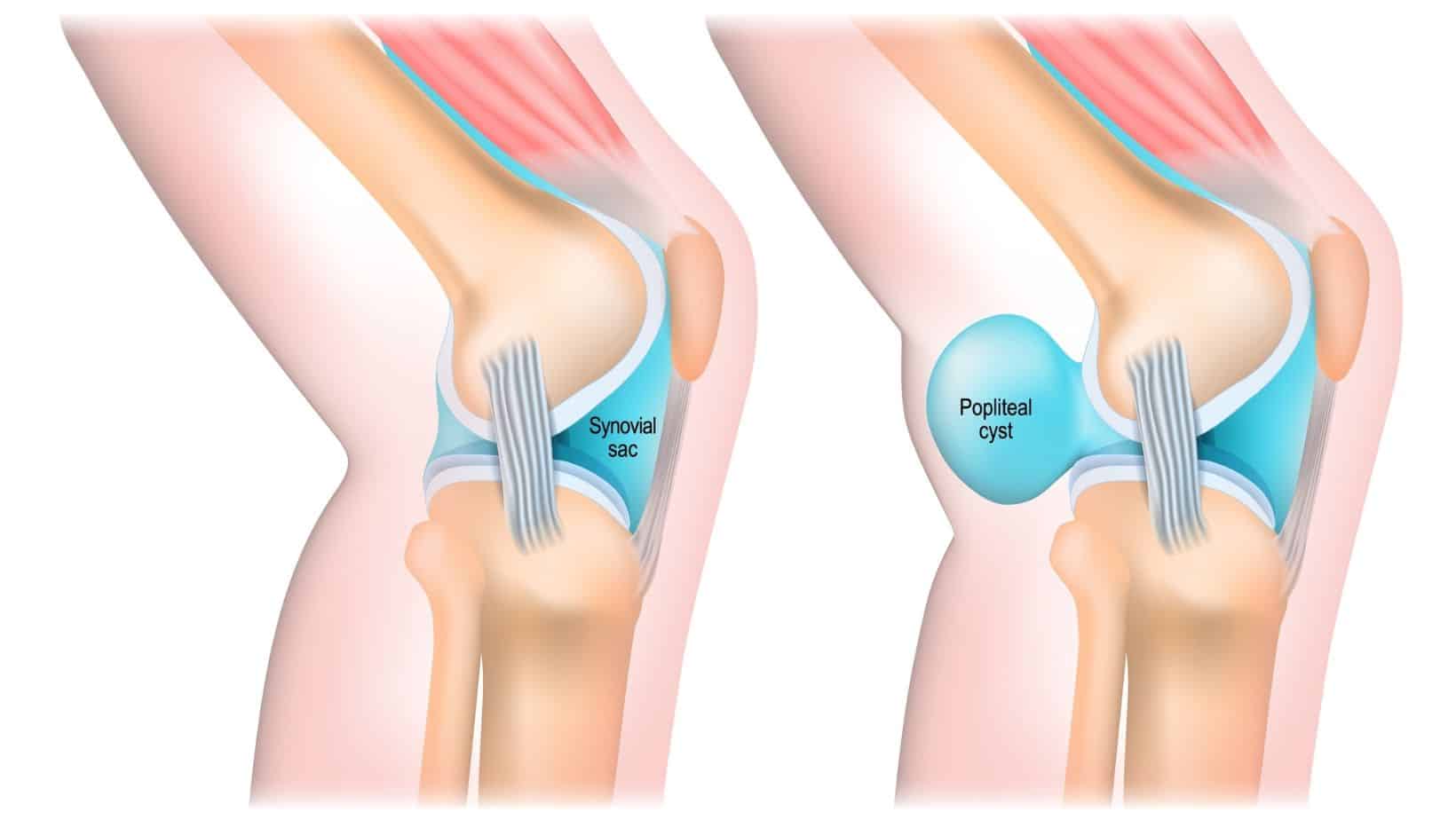Baker’s Cyst Removal
What is Baker's Cyst Removal?
- Baker's cysts are fluid-filled sacs that develop behind the knee.
- They often arise from an underlying knee problem, such as a meniscus tear or arthritis.
- Baker's cyst removal is a surgical procedure to remove the cyst.
When is Surgery Necessary?
- Persistent Symptoms: When conservative treatments (rest, ice, pain medication) fail to provide adequate relief from persistent symptoms caused by the Baker's cyst, such as:
- Severe pain
- Significant swelling
- Limited range of motion
- Nerve compression
- Underlying Knee Condition: Surgery may be necessary to address the underlying knee problem that is causing the Baker's cyst, such as repairing a torn meniscus.
Surgical Procedure
- Arthroscopic Approach: Often performed arthroscopically, using small incisions and a tiny camera to visualize the inside of the knee.
- Cyst Removal: The surgeon carefully removes the cyst wall and any excess fluid.
- Address Underlying Cause: If an underlying knee problem is identified (such as a meniscus tear), the surgeon may address that issue during the same procedure.
Recovery
- Short Hospital Stay: Usually an outpatient procedure, but may require a short hospital stay.
- Immobilization: The knee may be immobilized with a brace or splint for a short period.
- Physical Therapy: Physical therapy is crucial for regaining strength, flexibility, and range of motion.
- Return to Activity: A gradual return to normal activities is recommended, with full recovery typically taking several weeks or months.
Important Considerations
- May Not Prevent Recurrence: In some cases, Baker's cysts may recur, even after surgical removal.
- Addressing Underlying Cause: Addressing the underlying knee problem is crucial for preventing cyst recurrence.
- Risks: As with any surgery, there are potential risks, such as infection, nerve damage, and stiffness.
Disclaimer
This information is for general knowledge and informational purposes only and does not constitute medical advice. It is essential to consult with a qualified healthcare professional for any health concerns or before making any decisions related to your health or treatment.

